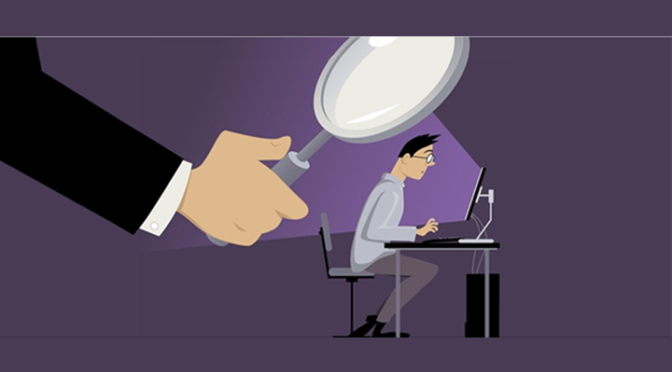Is privacy actually respected or is a myth?
Posted on : February 10, 2019Author : AGA Admin

‘Privacy’–one of the most hyped aspects of daily lives of everyone. It is affecting everyone so much that the issues related to privacy are actually uniting the world more rather than peace missions. Lately, most countries in and around Asia have been forced to develop or amend their laws related to privacy. The menace of breach of privacy did not even leave the leading countries in Asia and the World, like China, Australia, USA, etc. untouched. In February 2017, the Australia Privacy Act of 1988 was amended. Then, in May 2017, Japan was forced to amend its Personal Information Protection Act. Subsequently, in 2017, China tried protecting its privacy and data with the help of its Cyber Security Law. It cannot be a co-incidence that so many countries in Asia have developed new laws related to privacy and data-protection. This change can be looked at from a couple of perspectives. First, the hackers intruding in the private spaces of people had discovered antidote of getting caught through the loopholes in the old laws, and the new laws were aimed to increase privacy and protect the data of the people. But, the problem with this method is that it cannot map the potential of the hackers, and hence cannot accurately assure protection of privacy and data. Second, with increased privacy there will be a reduction in transparency. With such lack of transparency, aren’t the rights of the people to know and their right to information being compromised?
India was also hit by the wave of privacy laws. In August 2017, a nine-judge Constitutional bench of the Supreme Court of India held unanimously that Right to Privacy is protected under the Fundamental Rights of Article 14, 19 and 21 of the Constitution of India, which are also known as the Golden Triangle of the Constitution. But, the actual concern doesn’t end here, rather it starts from here. Does a mere declaration of the Right to Privacy as a Fundamental Right stops breach of privacy or violation of data protection? And, how can the government ensure such privacy when the question of Aadhar breaching privacy was raised. Even though it was held by the Supreme Court of India that Aadhar was not breaching the privacy of the people, it surely raised a doubt in the minds of the citizens and it becomes very difficult to restore that faith. So, under such circumstances, do the people deserve something more than just a declaration of Right to Privacy coming under the ambit of Fundamental Rights?
With such an advanced technology, hackers can easily get access to our phones and laptops. Moreover, they can even watch us through the web-cams and front cameras. This implies that it is concurrently a duty of the manufacturers of such electronics to develop a safe device and ensure privacy of data and our privacy, and the engineers developing this should focus more on safety and privacy of the data rather than increasing the megapixels of the camera. The time to take action has arisen, and we need to act according to it. If, the hacker gets access to our phones or email-id in today’s world, there is a big possibility that not just our privacy but our livelihood is in danger, as the hacker can have easy access to bank accounts, or can blackmail anyone as the sensitive information can be accessible to them. This jeopardises the life and livelihood of the people.
Additionally, the exploitation of our privacy is not just done by these hackers or intruders but by government and private agencies too. National Security Agency (NSA) of USA has been found guilty of violating the privacy rights of its citizens. Moreover, Facebook has been alleged of intruding into people’s privacy by having access to their accounts and chats. This violation is not just related to social media, but other companies also have contributed to it. Like, for instance, Cathy Pacific Airways that disclosed the personal information of 9.4 million of its customers.
With such wide exploitation of our privacy, there was a need for the new laws. But, are the new laws actually helping us? Do we actually believe that our privacy is not being compromised? Can we be sure that the hackers who earlier could break into our privacy cannot be able to do it again with our new laws?
This brings us to our most important role in developing policies and technology which can protect our privacy and data. And this has to be done collectively by the government, engineers and the people. So, let us stand up and acknowledge our problem and find solutions for it, as it is the need of the hour. The decision has to be taken, and it has to come from the people whose privacy is at stake, which in the current world is virtually everyone. So, do we need more privacy in today’s world or more transparency?
Manan Daga
Intern AGA





Very well articulated and informative article on an important modern day issue.